In Canada, things have once again changed in the world of tobacco. Effective April 23, 2019, the government of Canada enacted strict new tobacco product regulations which saw all tobacco products, including cigars, receive a plain and standardized drab brownish green label and package, with the intention of drastically reducing the appeal of tobacco products to consumers, aiming to particularly deter young people.
A COLD CLIMATE FOR CIGAR SMOKING
As for cigars, the unique, intricate cigar bands and boxes that for ages have served to distinguish one cigar from the next have been replaced in favor of a uniform, standardized band and box – drab dark brownish green in color – with a plain, equally uninteresting white font to identify the brand and cigar name.
No unique branding, logos or design elements that previously differentiated one cigar from the next are permitted to display at the point of purchase.
In a 2016 study, Health Canada commissioned public opinion research that confirmed that the Canadian population largely deemed the dark brownish green colour (officially classified as ‘Panettone 448C’) as a ‘very unappealing colour’ (Source: Health Canada 2018).
This standardized concept is akin to walking into a liquor store to purchase beer, only to see a wall of silver cans with no logos and only a plain font to distinguish one can from the next. If you can imagine that, then you can imagine what it’s like to buy cigars from a Canadian tobacconist, as traditional cigar bands have been completely replaced with a sea of generic-looking ones.
The plain packaging mandate also includes replacing traditional cigar boxes with generic ones or cellophane-wrapped bundles that are covered in health warning labels. This has proven problematic early on, as new generic boxes and cellophane bundles are devoid of the usual hallmarks that have long served to properly identify them as authentic product (this is especially important with Cuban cigars), and appear to lack proper packaging dates of the initial boxing at the factory.
For Canadian-based distributors, small businesses and cigar enthusiasts alike, this news has not been well received as many feel that cigars should be exempt from plain packaging as they comprise a very small percentage of national tobacco sales (under 2%) and are typically not purchased by the younger populations that the government is looking to safeguard from consuming tobacco products.
In 2016, the United Kingdom chose to exempt cigars and pipe tobacco from their plain packaging legislation, claiming that overall smoking rates for cigars (and pipes) were significantly lower than cigarettes and particularly lower for younger age groups. Shortly afterward, France and Belgium followed and also chose to omit cigars from plain packaging regulations.
Despite all this, Canada has followed suit in giving cigars the drab generic treatment like Australia, who became the first country to do so back in 2012.
Health Canada’s aim is to discourage the use of all tobacco products with an objective of under 5% total tobacco usage by 2035. This blanket tobacco initiative will possibly prove harmful for cigar distributors and retailers as it is expected to send more people across the border to purchase from, and smoke their cigars in, the United States (and in other destinations like Cuba), as well as create a potential surge of counterfeit black market product entering the marketplace.
Given that Canada is already internationally recognized as a relatively small market for cigars, certain major cigar manufacturers have chosen to pass on selling their products to Canada entirely.
This standardized concept is akin walking into a liquor store to purchase beer, only to see a wall of silver cans with no logos and only a plain font to distinguish one can from the next. If you can imagine that, then you can imagine what it’s like to buy cigars from a Canadian tobacconist, as traditional cigar bands gradually get completely replaced with a sea generic ones.”
A SAFE HAVEN FOR MARIJUANA SMOKING
Alternatively, in 2018 the Canadian government chose to legalize recreational marijuana for online and retail store sales, and is now addressing the eventual establishment of lounges and cafes where it can be consumed publicly. With the exception of the province of Quebec, there are currently no cigar lounges permitted anywhere across the country. How a once contraband substance (a psychoactive hallucinogen that is typically inhaled into the lungs) has become so acceptable, and cigars (tobacco, commonly not inhaled when smoked, nor psychoactive) have become so stigmatized, has left many enthusiasts scratching their heads.
In regards to cannabis, the average smoker falls between the ages of 20-29 (Source: headset.io).
In addition to this, cannabis in the form of edibles have also become legal and popular, and are often available in very attractive, alluring colorful packaging that typically resembles the look of candy in both package and morsel. Cannabis edibles are proven to be quite potent once ingested, and have in many instances sent minors to the hospital after accidental ingestion and intoxication. Rates of cannabis intoxication among adults have also skyrocketed after 2018, as well as incidents of people operating a car while high.
Despite all this, the Canadian government is unquestionably a very pro-cannabis one.
CIGAR SMOKERS: A DIFFERENT ILK
Though many support the plain packaging of cigarettes, pro-cigar critics argue that the equal application of plain packaging to cigars is an example of wildly excessive over-the-top government overreach that will largely punish older adults who will still continue to smoke cigars. Colm O’Shea, VP of Toronto-based distributor House of Horvath Cigars is also a member of Small Guys Cigar Group, a coalition who have been lobbying hard against the Canadian government lumping cigars in with cigarettes for the past 23 years and has tirelessly worked to demonstrate a clear distinction between the two products.
O’Shea feels that over 50% of the cigars available in Canada could be nullified at some point down the road as a result of plain packaging.
The SGCG argues that their products are 98% consumed by adult smokers and do not appeal to youth by appearance, taste or price, with the average customer being more than 30 years of age who smokes cigars much less frequently than those smoke cigarettes, who vape or use other tobacco products. “Freedom of choice is critical for an open society, so our goal is to support as much choice for adult Canadian consumers as possible. Although we don’t feel that the consumption of cigars will be reduced, we do understand the nature and attitudes of our consumer; they enjoy the occasional cigar and will even go out of their way to get it” states O’Shea.
If it means having to look beyond Canada for cigars, it seems consumers will frequently take that route if necessary, which will unquestionably have a negative impact on the more than 180 family-owned tobacconists in the country as well as manufacturers and distributors like House of Horvath – who have existed for since 1977.
The SGCG argues that their products are 98% consumed by adult smokers and do not appeal to youth by appearance, taste or price, with the average customer being more than 30 years of age.”
SOUTHERN REPRIEVE?
South of the Canadian border, US brick-and-mortar cigar stores already see a great deal of consumers coming down from Canada for business and leisure to purchase and smoke cigars. With the average retail cost per cigar being substantially cheaper in most states than in Canada, alongside a variety of built-in lounges that are made available for enthusiasts to comfortably enjoy their cigar, many US establishments are already used to seeing Canadian consumers on the regular.
This is especially prevalent in popular tourist destinations and border towns.
In Western New York (which borders with Ontario, Canada), popular cigar chain Buffalo Cigars enjoys many Canadian travellers frequenting their 3 locations in Orchard Park, Amherst and Downtown Buffalo to buy cigars and often smoke them within their spacious lounges while watching sports or socializing with other enthusiasts – or simply enjoying a quite moment alone. Canadian customers at Buffalo Cigars can even store their cigars there in an on-site private locker humidor available for rent year round.
In addition to this, many Canadian consumers have found ways of purchasing cigars online from US sites and have them shipped to a US location (or PO box) so they can bring them across the border after a mandatory 48-hour stay (cigars cannot legally be shipped to a Canadian address from out of country). The cigar options that exist for Canadians while outside of Canada are definitely many, and will become much more favorable with plain packaging firmly put in place on home soil.
Having more affordable cigars, more easily smoked, with their original logos and branding in place certainly seems more enticing to any cigar enthusiast.
CONCLUSION
Though some cigar smokers also smoke cigarettes, most do not and often prefer to differentiate and distance themselves from the cigarette, marijuana and vape-smoking crowd. Cigars comprise under 2% of all tobacco sales in Canada. They are generally purchased by people over the age of 30 who often do not smoke them daily (especially not multiple times daily), nor do they typically inhale its smoke.
Instead, most of those who smoke cigars predominantly choose to smoke them as a hobby for their flavor and the ability to relax and enjoy them among friends. The recent proliferation of readily available (and at times visually alluring) cannabis products has many Canadian cigar smokers feeling frustrated and misunderstood.
Despite such hurdles and roadblocks, cigar enthusiasts will continue to seek out their next cigar experience, whether it means leaving the country to do so, or simply staying put to support local and look beyond the generic packaging to appreciate the time-honored craft that goes into the creation of a fine, hand-made cigar.
– Kurt Bradley
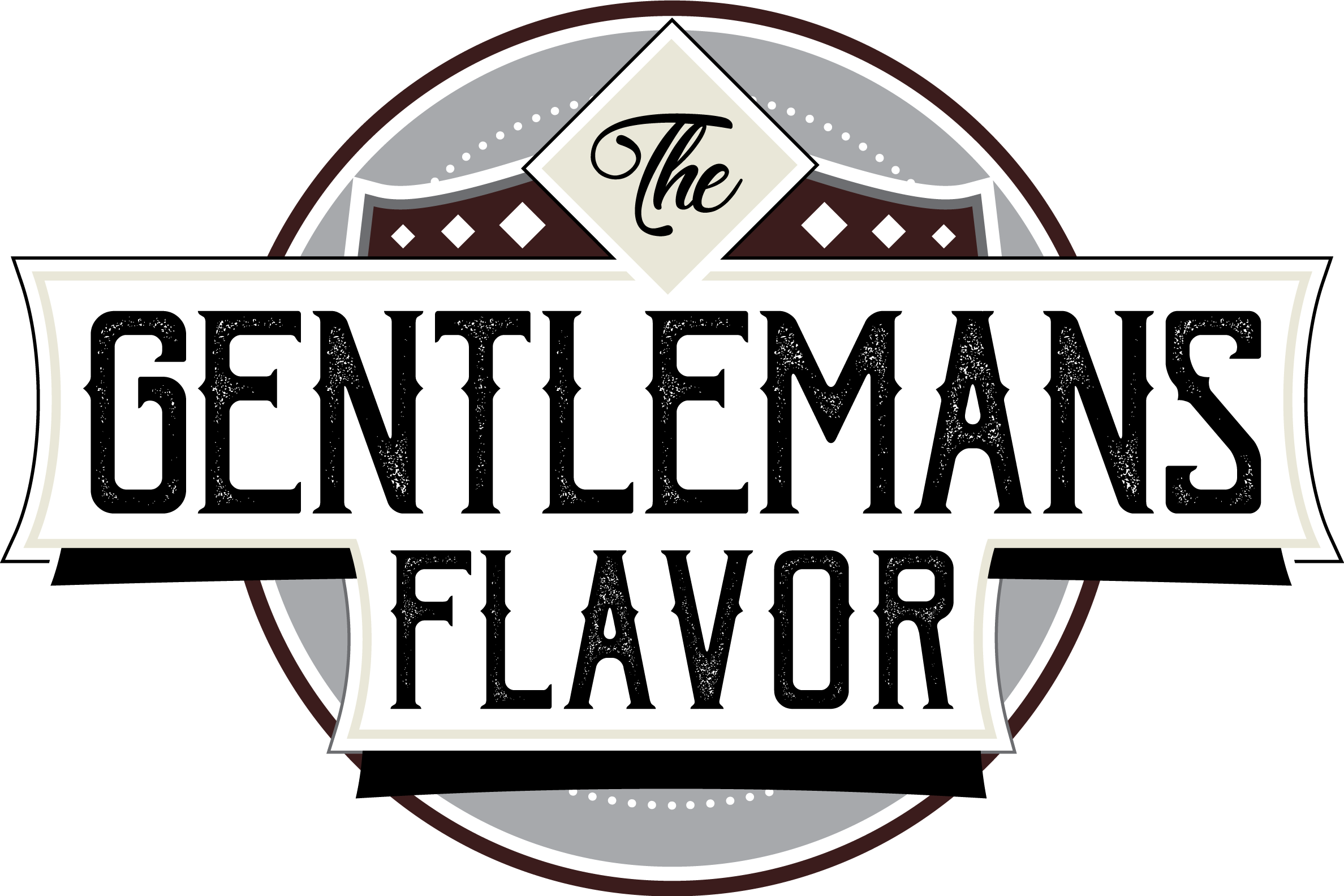
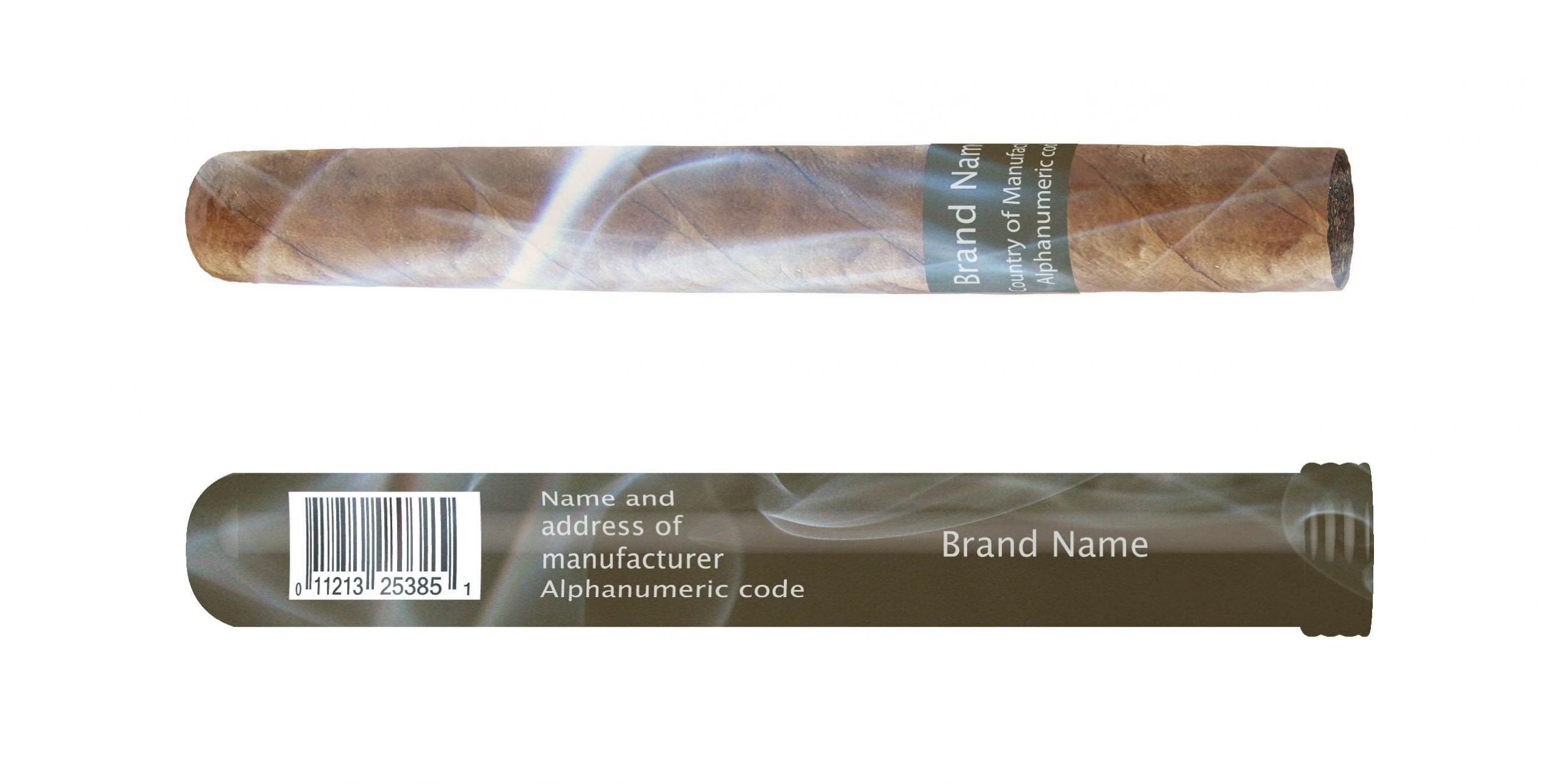









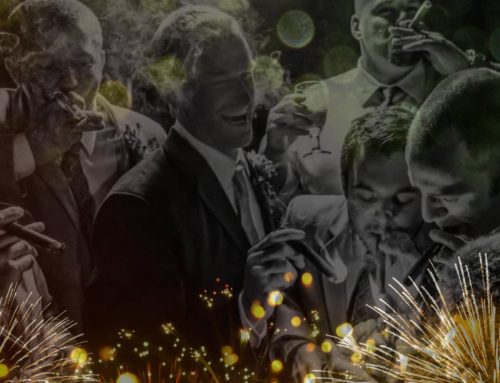
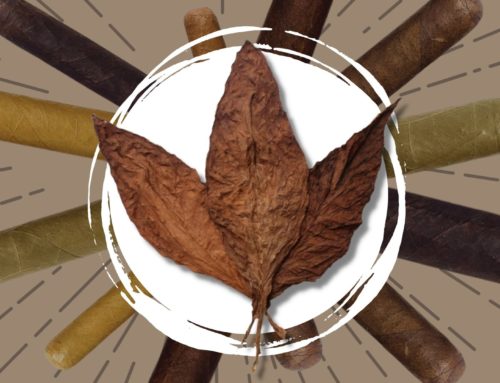
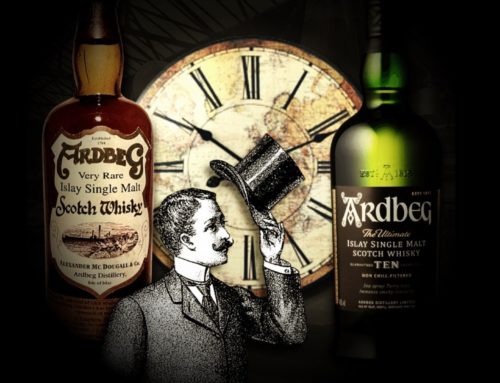
Governments again trying to control the people. Wasting millions of dollars to interfere with the little things and freedom s of CANADIAN S
Let’s see the government do this on booze & pot. The country would loose it’s mind.
Changing labels won’t change who uses products.
It’s just another poser tactic by trudumy to look like he’s doing something.
Plain brown should be the liberal symbol, for their inept conceptions of how Canadians really feel.
I am a collection of cigar memorabilia I have hundreds of bands. The artistry of these bands depict there history. And culture. The liberals again want to control every facit of our lives. Politicians are just saving there jobs by changing the little no matter laws and it gives them credence to say ,,,,LOOK WHAT I DID. . TRUDEAU S RACIST FATHER SMOKED CIGARS . AS part of his protection detail. I’ve seen it with my own eye. Boy I wish there was a time limit on what and others could say. But back to the issue, there are companies that are considering not cigars to Canada. What’s next ..your going to ask permission to wipe your ass. I think I’ll do that.just for this jackass. If it’s not broken, leave it alone. And you’re be able to say look I hav event wasted your tax dollars on the little stuff and concentrate on the big issues, like protecting our jobs and the cost of oil..stop exporting it and make CANADA THE CHEPEST GAS IN THE WORLD
GARY….YOUR COMMENTS ARE SO TRUE
JUST ANOTHER MOVE BY LIBERAL GOVERNEMENT TO WASTE MONEY….THEY HAVE NOT PUT A LOT OF LAST ELECTION PROMISES IN PLACE AND NOW TRUDEAU WANTS TO CALL ANOTHER ELECTION AND WASTE MONEY THAT CANADIANS HAVE PAID INTO….WAKE UP CANADA
I began smoking Cuban Cigars in 1995. I have most of the original boxes. My late wife wanted me to throw them out, I said no. I am glad now I kept them. I also have every band from every Cigar I have ever smoked. A large clear bag. About 2 years ago while at the local cigar store, the attendant there showed me the new box of the cigars I smoke. What is that I said? He replies, new Government regulations. They have changed the box and the bands too. Why I said, this is another stupid move by the Government. They want to keep the younger generation away from Tobacco. Really I said. I don’t know of any teenager that can afford Cubans, or even some a bit older. This has become a rich mans past time with the prices going through the roof. The ones I smoke H, Upmann Majestics were $140.00 per box in 1995. Today depending on where you go $345.00 I know of one retailer who is selling them for $620.00 I told him he is nuts and good luck selling them. Today I bought two boxes of the above mentioned cigars. They came in the cheap brown box that offers no protection of the might Cuban and neither does it allow for the aromas to be absorbed. The box and the bands look horrible. This in turn brought one question to mind. I would assume then that they are putting these new labels on where they are made in Cuba? If not and you go to Cuba and get the original label does that mean then upon entering Canada and legally declaring your cigars that you must open them up and take the labels off? I would assume not but anything the Government is behind this would not surprise me if this is the case. I don’t think customs would have your labels there in the airport? It is a invasion to the enjoyment and visual pleasure that we cigar smokers have loved for year. I don’t buy for a second that they want anyone to quit in the name of safety. What they are doing is to make it look like they are doing something, like they care and are concerned but this is not the case. Why? $$$$ Thats the reason. They will and could lose billons in tax revenue. It is kind of like tell them what they want to hear to make them feel good then do the opposite. As things continue to change in our world, things are only getting worse. Good luck on your hunt for Cubans. From what I have seen the last few months, they are getting scarce and way way over priced.
As a fairly avid collector and (former) supporter of purchasing cigars from Canadian dealers, I find these new laws appalling and completely inconsistent with science(1) and the conscience of most Canadians. I find the beauty of the cigar box, its packaging and the banding to be part of the experience of enjoying a quality-crafted Cuban cigar. I am equally disturbed by the inconsistent application of substance restriction this government has chosen to apply vis a vis other psychoactive substances (i.e. alcohol and marijuana and soon psychedelic substances). While Canada’s legalization of marijuana is called the “Great Experiment” by the rest of the world, the Trudeau government is determined to push the sale of these products to minors and youth who have growing and developing brains. My fear is that at some point the impact to youth will substantiate that substances from marijuana lead to irreversible, negative changes to brain development and that the Canadian government will be on the hook for billions – if not trillions – of dollars in reparations. This will nullify any gain in excise taxes that have been collected; this won’t look good on the Liberal party brand. For sure, the packaging we see in marijuana outlets are NOT plain-packaged and edibles, in particular, are very attractively-packaged to appeal to today’s youth. What a disgrace. Everyday, I see under-20 year-olds who are “hooked” on marijuana products and I hear comments like “I couldn’t function without it”. If someone said the same thing about alcohol, we’d send them to rehab right away and call them an alcoholic. Further, just to demonstrate the sheer ignorance of today’s politician, cigar sales generate a completely disparate amount of government revenue as taxes are applied to the *value* of the cigar product and not a flat rate per stick. While there may not be large amounts of taxes generated from cigar sales in general, the amount obtained compared to the health impact should make the Canadian government be all-for cigar sales. Cigars, I find, are appreciated not uncommonly by more mature, sophisticated, professional, tax-paying citizens of the country. The wrapping of the cigar in a brown paper bag is an insult to the people who have worked hard in life and enjoy relatively few vices. Their contribution to the societal fabric as well as their economic contribution is being questioned and being completely undermined. If the Liberal government is trying to offend and vilify potential voters, they are on the right track. Luckily, there are other avenues to purchase cigars (wink wink).
P.S. If you think that degrading cigars are going to keep me from continuing to purchase them, you – as a Liberal politician – are truly the out of touch one. All you’ve done is ruin more Family-owned and -run small Canadian businesses and driven more dollars out of Canada. God job!
1) Harm Reduct J . 2021 Jan 7;18(1):7. doi: 10.1186/s12954-020-00446-4. Mortality among male cigar and cigarette smokers in the USA. [found elevated mortality risks only in cigarette users or former cigarette users].
Liberals they don’t know what they are doing , probably we should choose someone who smoke to be the PM ,fuck
How is it we have poverty, racism, homelessness, gender issues that the federal government ignores but legislators decided taking bands off cigars was an issue worth the time , energy and taxpayers dollars to explore.
It is interesting that whenever there is a humanitarian disaster the federal government can direct millions of dollars to aid another country while those dollars could be directed to Canadians who are sleeping on the streets and starving in there desolate homes.
But no, let’s use money to take cigar bands off cigars so kids won’t buy a $25 cigar instead of a pack of cigarettes.
We have reservations in Canada with unpaved roads and lack of clean water, and inadequate homes that the Federal government was supposed to take care of for the last 100 years but let’s direct money , energy and time to taking cigar bands off cigars.
How embarrassing!
Put the bands back on and let Canadians make their own decisions.
What a petty issue.
Perhaps all wine bottles should have generic labels as alcohol addiction is a huge issue.
Perhaps money should be directed to Double Bubble as sugar rots children’s teeth.
Perhaps pictures of rotting teeth should be on packages of gum as a health issue.
Find relevant social issues to tackle rather than insignificant peripheral issues that waste taxpayers money.